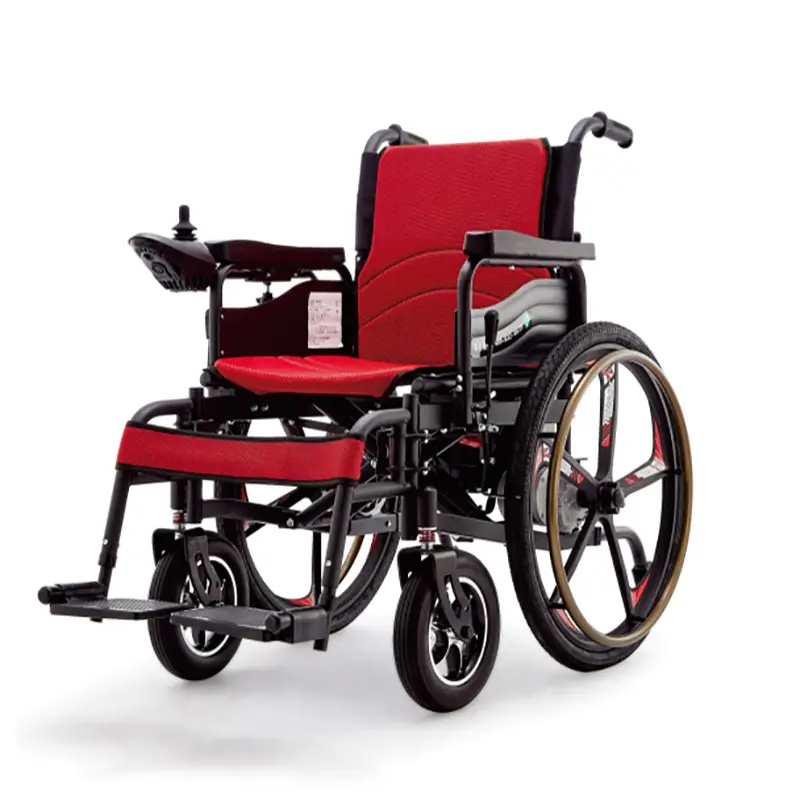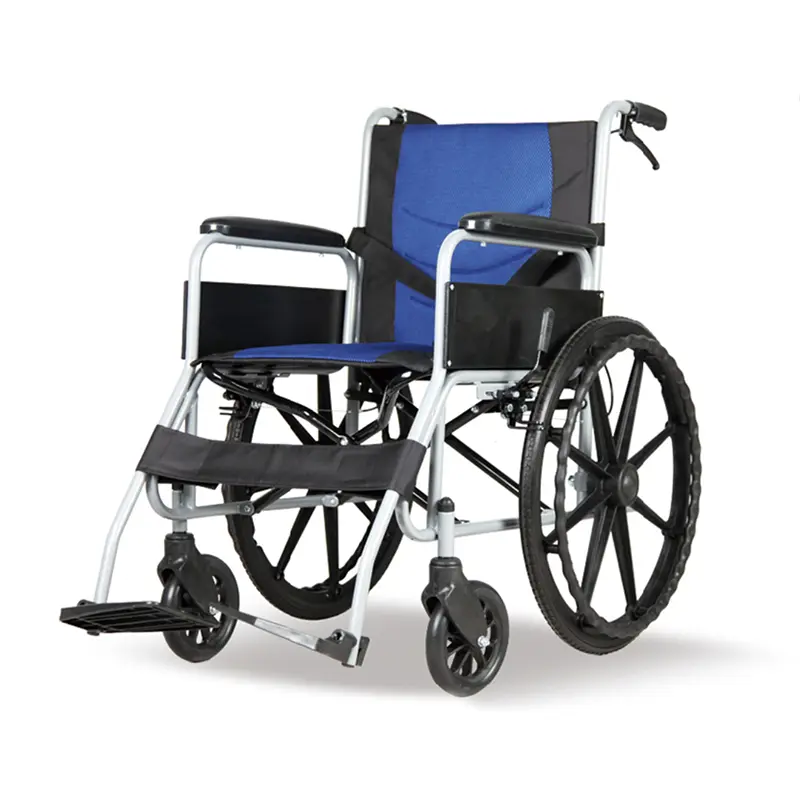Mobility aids like wheelchairs can greatly improve quality of life for those facing physical limitations from conditions like arthritis, injuries, stroke, multiple sclerosis, and more. But how do you know if a wheelchair is right for your situation? Determining when mobility has become limited enough to warrant a wheelchair is very individualized. There are a few key signs and lifestyle impacts to evaluate, such as struggling to walk across a room, fatiguing on short walks, missing events due to difficulty getting around, and no longer being able to care for yourself or your home independently. This article will discuss specific physical difficulties, activity considerations, and quality of life factors to help determine if a wheelchair may provide needed assistance.
When Physical Difficulties Arise
Difficulty walking even short distances like 20-30 feet, or standing for long periods like waiting in line or cooking a meal, can indicate mobility limitations that a wheelchair could assist with. Needing to frequently sit and rest when shopping or running errands is also a sign of reduced endurance. If you find yourself at increased risk for falls or injuries when upright and moving around your home, a wheelchair may help stabilize you and prevent accidents. Struggling to walk across a moderately sized room without grabbing onto furniture or experiencing significant fatigue shows reduced stamina. You may feel strained leg and back muscles or joint pain when trying to walk that could be alleviated by wheelchair use. Conditions like arthritis, chronic pain, heart or lung problems can all cause decreased walking ability that a wheelchair improves.
Lifestyle and Activity Considerations
Being unable to easily and independently get around your home is a major sign a wheelchair could help preserve mobility. If you can’t access parts of your home or complete household chores due to difficulty walking, using a wheelchair part-time could assist you. Missing out on social events, obligations, hobbies, or activities you enjoy because of mobility limitations takes a significant toll on quality of life. A wheelchair can help you maintain the social connections and activities that enrich life. Inability to care for yourself, including bathing, dressing, and grooming without assistance indicates a wheelchair may be useful for conserving energy and preserving independence. If walking limitations are preventing you from working, volunteering, or attending school as you desire, a wheelchair merits serious consideration for restoring participation. Even just feeling isolated, depressed or dependent because you can’t get around like you used to can be eased by improved mobility via wheelchair.
When a Power Wheelchair May Help
If you are unable to manually propel a wheelchair yourself due to reduced arm/hand strength or joint pain, a electric wheelchair is an excellent option to consider. Power chairs use battery-powered motors to move, guided by a joystick or other controls. They provide assisted mobility with less need for physical exertion from you. If walking difficulties are accompanied by significant upper body limitations, or high level injury/paralysis, a power wheelchair can still allow independent movement. Power chairs also assist with longer distances or uneven terrain compared to manual chairs. Discuss options for power wheelchairs and functional needs assessment with your doctor if this mobility technology could improve access and conserve your energy.
Conclusion
Reduced endurance, increased pain, difficulty with daily activities, and fall risks are all signs a wheelchair may provide needed mobility assistance. Being aware of your specific struggles with walking, standing, participation in social and community activities, and feelings of dependence can help you determine if and when to pursue assessment for a wheelchair. An open discussion with your doctor is encouraged if you are experiencing any limitations in these areas, as improved mobility and independence are possible with the right wheelchair selected for your needs.
Post time: Mar-04-2024






